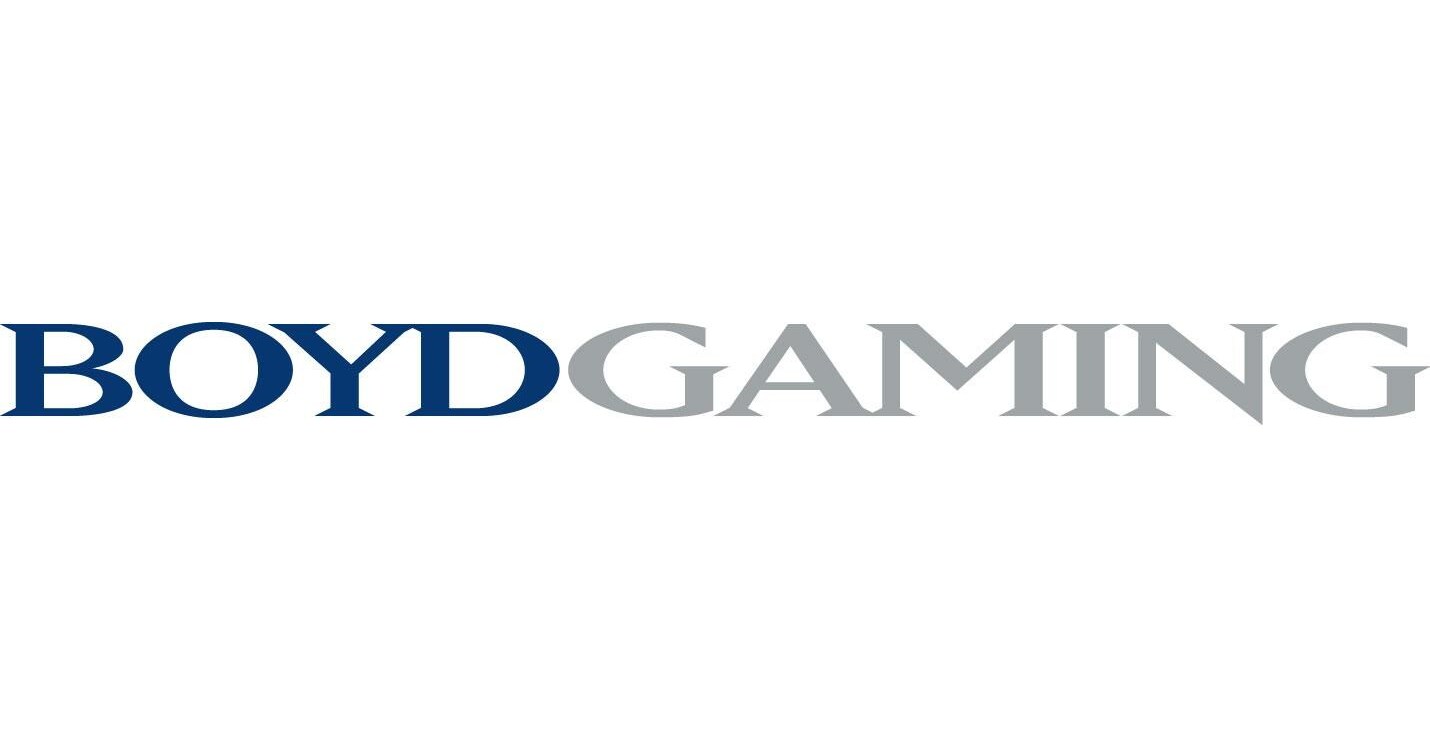According to a new report published by the Access to Nutrition initiative (ATNi), multinational food companies including Unilever, PepsiCo, and Nestle produce and sell sub-standard products in lower-income countries including India.
A report studies major global food and drink manufacturers highlighting companies tend to sell less healthy products in countries with lower-income consumers, raising concerns about the quality of products accessible to large populations.
The rating system developed in Australia and New Zealand based on 30 food MNCs found that the average score was 1.8 out of 5 for low-income countries while it was 2.3 for high-income countries. Under the system, products with a score above 3.5 are considered healthy.
“It’s a very clear picture that what these companies are selling in the poorest countries in the world, where they are more and more active, are not healthy products,” said Mark Wijne, research director at ATNI, to Reuters, urging the concerned governments to be more vigilant about the quality of food products sold in their countries.
Seventy percent of the world’s obese population lives in lower-income countries including India, says the World Health Organisation (WHO).
MNCs sell products in India with more sugar
In low-income markets like India, MNC food products are known to add more sugar to intensify the sweetness while compromising on adding other important expensive ingredients. For example, KitKat is considered better tasted in the Middle East, the UK or Europe.
Taking a closer look at the ingredients sold in the same product, one can notice that though companies sell globally, the proportions of the ingredients vary across countries, with mostly more sugars added and less cocoa (chocolate) in the chocolate products.
Here are some threads on the quality of some of the popular products sold by MNCs in India:
Consuming more sugar increases the chances of diseases like obesity, diabetes, etc. which puts the population of lower-income countries at a higher risk, with the consumers of these nations increasingly exposed to higher vulnerability, the report suggests.
The report by ATNi ends with “One in five deaths globally is linked to poor diet, highlighting the urgent need for greater corporate accountability and improved private sector performance as the hidden costs of our food system continue to mount.”







